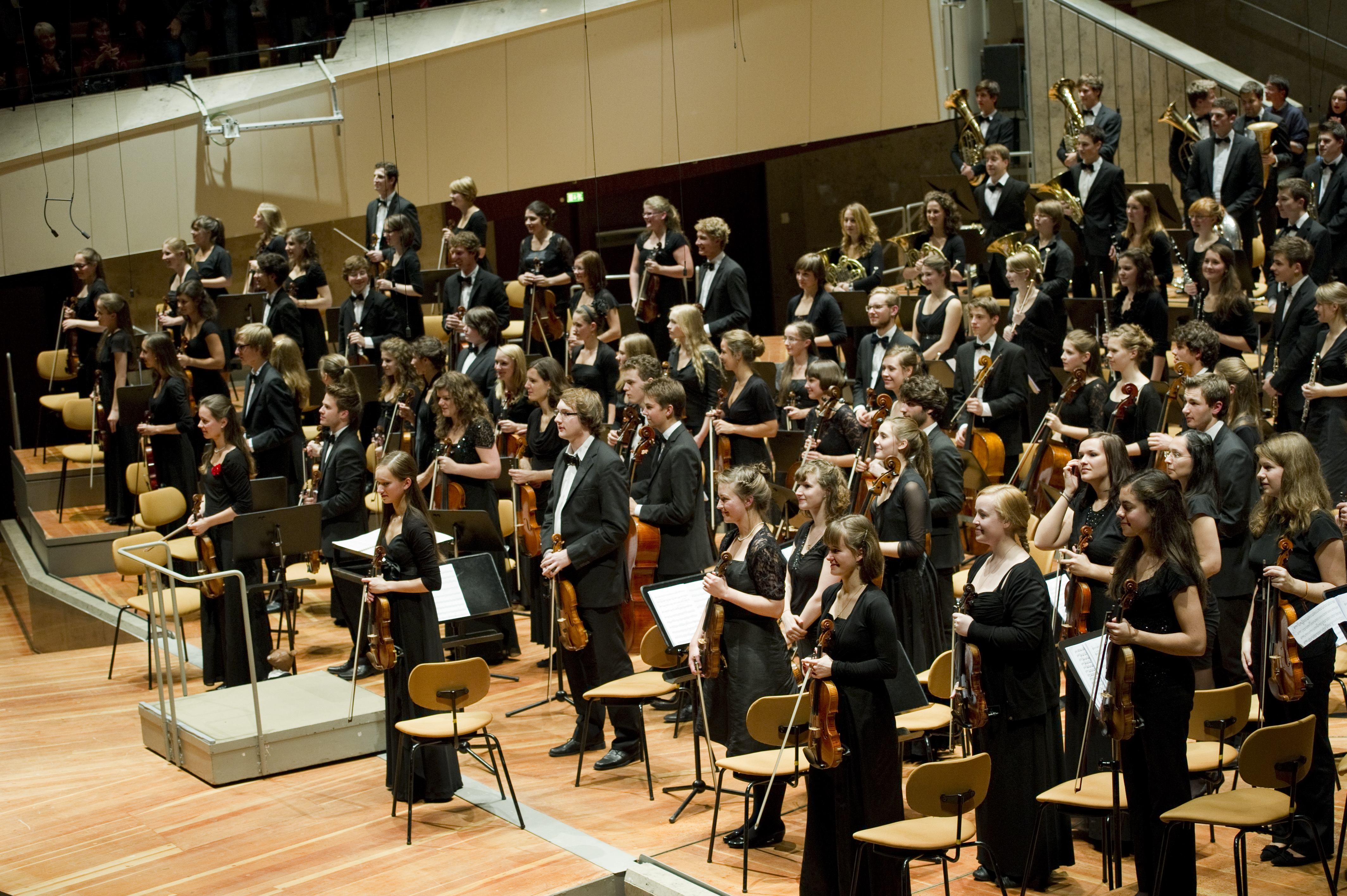History of Classical Music
- Introduction to Classical Music
- The Medieval Period (500-1400)
- The Renaissance Period (1400-1600)
- The Baroque Era (1600-1750)
- The Classical Period (1750-1820)
- The Romantic Period (1820-1900)
- The 20th Century (1900-2000)
- Modernism in Music
- Postmodernism in Music
- Women in Music
- Contemporary Music
- The Intersection of Classical Music & Pop Culture
Recap and Conclusion
Current Status and Future of Classical Music

Broad tradition of Western art music.
Current Status of Classical Music
Classical music, often considered the epitome of high culture, continues to hold a significant place in modern society. Despite the rise of various music genres, the timeless appeal of classical music remains unscathed. It continues to be a source of inspiration for many contemporary musicians and composers.
Classical music has also found its way into various aspects of popular culture. It is frequently used in films, advertisements, and video games to evoke specific emotions or to enhance the narrative. The use of classical music in these mediums has helped to keep it relevant and accessible to a broader audience.
Moreover, classical music continues to be a vital part of education. Many schools and universities around the world offer courses in classical music, ensuring that the knowledge and appreciation of this genre are passed on to future generations.
Future Directions of Classical Music
The future of classical music is as exciting as its past. With the advent of technology, classical music has found new ways to reach audiences. Streaming platforms have made it easier for people to access and explore classical music, breaking down barriers of geography and socio-economic status.
Technology has also influenced the creation of classical music. Composers now have access to a wide range of digital tools that allow them to experiment with new sounds and techniques. This has led to the emergence of a new genre known as electroacoustic music, which combines traditional orchestral music with electronic sounds.
The influence of pop culture on classical music is another interesting trend to watch. Many contemporary composers are incorporating elements of pop, rock, and jazz into their compositions, creating a fusion of styles that is both innovative and appealing to younger audiences.
Moreover, there is a growing recognition of the contributions of women and people of color in classical music. This has led to a reevaluation of the classical music canon, with more emphasis being placed on diversity and inclusivity.
Final Thoughts
Our journey through the history of classical music has shown us how this genre has evolved and adapted over the centuries. From the Gregorian chants of the Medieval period to the experimental sounds of the 20th century, classical music has always been a reflection of the times.
As we look to the future, it is clear that classical music will continue to evolve and adapt. Whether it is through the use of technology, the influence of pop culture, or the recognition of diverse voices, classical music will continue to find new ways to stay relevant and inspiring.
In the end, the enduring legacy of classical music lies in its ability to transcend boundaries and touch the human soul. It is a testament to the power of music and its ability to connect us, regardless of our background or circumstances.